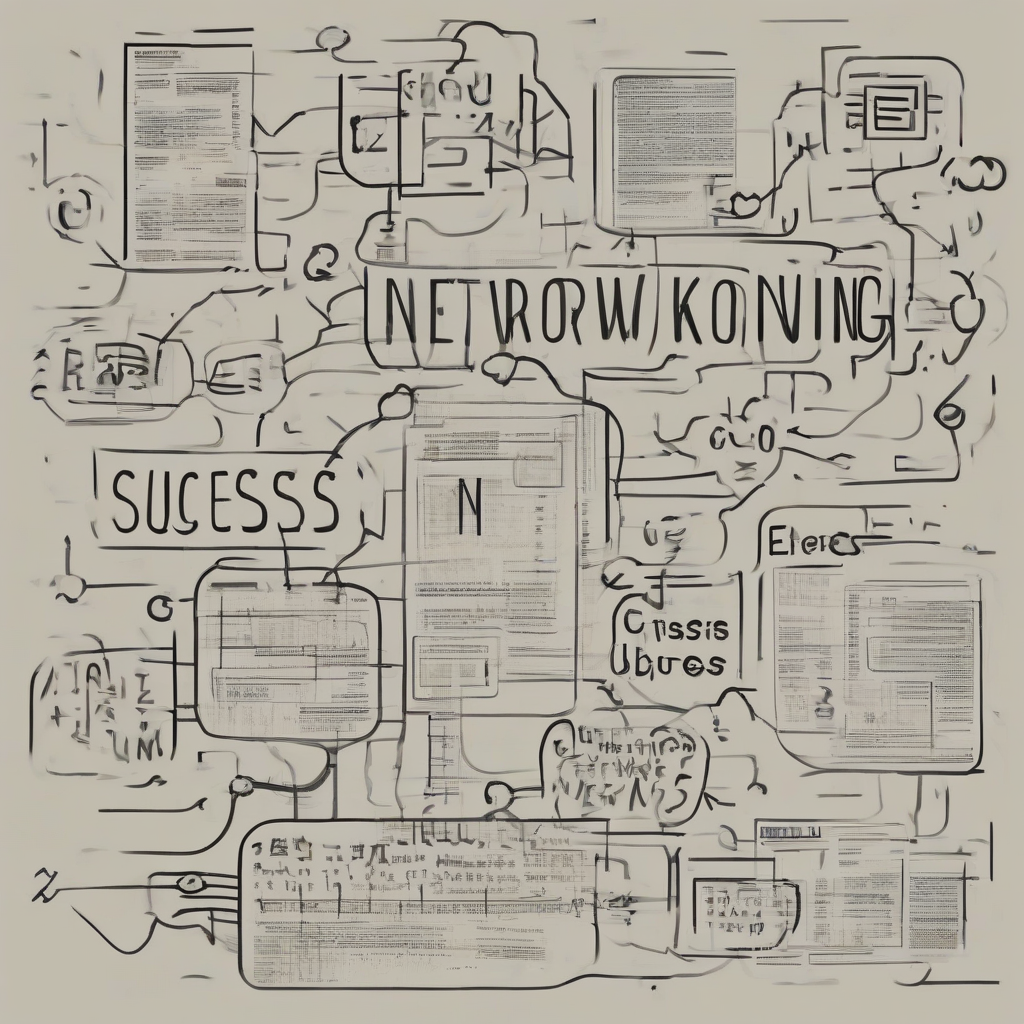Level Up Your Coding Game: A Comprehensive Guide to Software Developer Classes
The software development landscape is ever-evolving, demanding continuous learning and adaptation. Whether you’re a seasoned professional seeking to upskill or a budding programmer just starting, taking classes is crucial for staying competitive and achieving your career goals. This guide explores various types of classes available to software developers, their benefits, and how to choose the right ones for your needs.
Types of Software Developer Classes
The options for software developer classes are diverse, catering to different skill levels, specializations, and learning styles. Here’s a breakdown of some key categories:
-
Programming Language Fundamentals:
These foundational classes teach the syntax, semantics, and best practices of specific programming languages like Python, Java, JavaScript, C++, C#, Go, and more. They cover core concepts such as data structures, algorithms, object-oriented programming (OOP), and control flow. These are essential for beginners or those looking to expand their language proficiency.
-
Framework and Library Specialization:
Once you have a solid grasp of a programming language, specializing in frameworks and libraries becomes crucial. Examples include React, Angular, Vue.js for front-end development; Spring Boot, Django, Ruby on Rails for back-end; and TensorFlow, PyTorch for machine learning. These classes delve into the intricacies of specific frameworks, enabling you to build robust and efficient applications.
-
Database Management Systems (DBMS):
Understanding databases is vital for most software development roles. Classes focusing on SQL, NoSQL databases (MongoDB, Cassandra), and database design principles are indispensable. These classes teach you how to interact with databases, optimize queries, and ensure data integrity.
-
Software Engineering Principles:
Beyond coding skills, software engineering principles are essential for creating high-quality, maintainable, and scalable software. These classes cover software design patterns, testing methodologies (unit testing, integration testing, end-to-end testing), version control (Git), agile development, and software architecture. They equip you with the knowledge to build robust and reliable software systems.
-
Cloud Computing:
With the increasing adoption of cloud platforms (AWS, Azure, GCP), cloud computing classes are highly sought-after. These classes cover cloud services, deployment strategies, infrastructure as code (IaC), and security best practices in cloud environments. They prepare you for building and deploying applications in the cloud.
-
Cybersecurity:
Security is paramount in software development. Classes focusing on secure coding practices, common vulnerabilities, and security frameworks (OWASP) are increasingly important. These classes help you build secure and resilient software applications.
-
DevOps:
DevOps practices bridge the gap between development and operations teams, emphasizing automation, continuous integration/continuous delivery (CI/CD), and infrastructure management. These classes cover tools like Docker, Kubernetes, and CI/CD pipelines, enabling you to streamline the software development lifecycle.
-
Mobile App Development:
With the prevalence of smartphones, mobile app development is a significant area of specialization. Classes focusing on platforms like iOS (Swift, Objective-C) and Android (Kotlin, Java) teach you how to build native or cross-platform mobile applications.
-
Data Science and Machine Learning:
For those interested in data-driven applications, classes in data science and machine learning are essential. These classes cover statistical modeling, data analysis, machine learning algorithms, and their applications in various domains.
-
Game Development:
If you’re passionate about game development, classes focusing on game engines (Unity, Unreal Engine), game design principles, and 3D modeling are relevant. These classes teach you how to create interactive and engaging games.
Choosing the Right Classes
Selecting the appropriate classes depends on your individual goals, experience level, and career aspirations. Consider the following factors:
-
Your Current Skill Level:
Beginners should start with foundational programming language classes before moving to more specialized areas. Experienced developers can choose advanced classes or those focused on specific technologies.
-
Career Goals:
Align your class choices with your career aspirations. If you want to become a front-end developer, focus on JavaScript frameworks. If you’re aiming for a data science role, prioritize machine learning classes.
-
Learning Style:
Consider your preferred learning style – online courses, in-person bootcamps, or self-paced learning. Different learning formats cater to different preferences.
-
Instructor Expertise and Reputation:
Research the instructors and the institution offering the classes. Look for experienced professionals with a strong reputation and positive student reviews.
-
Course Content and Curriculum:
Review the course syllabus and ensure that the content aligns with your learning objectives. Check for hands-on projects, assignments, and opportunities for real-world application.
-
Cost and Time Commitment:
Assess the cost of the classes and the time commitment required. Balance the investment with your budget and available time.
-
Industry Relevance:
Choose classes that cover technologies and skills currently in demand in the industry. Stay updated on the latest trends and technologies.
Where to Find Software Developer Classes
Numerous platforms and institutions offer software developer classes. Here are some popular options:
-
Online Learning Platforms:
Platforms like Coursera, edX, Udemy, Udacity, and Pluralsight offer a vast selection of courses, catering to various skill levels and specializations. They provide flexibility and accessibility, allowing you to learn at your own pace.
-
Bootcamps:
Intensive bootcamps offer immersive, hands-on training in a short period. They are ideal for those seeking rapid skill acquisition and career transitions. However, they often come with a higher cost and require a significant time commitment.
-
Universities and Colleges:
Traditional universities and colleges offer degree programs and certificate programs in computer science and software engineering. These provide a comprehensive education, but they require a longer time commitment.
-
Community Colleges:
Community colleges offer more affordable options for software development courses, often catering to local needs and industry demands.
-
Corporate Training Programs:
Many companies offer internal training programs to upskill their employees. These programs often focus on specific technologies and tools used within the company.
-
Online Communities and Forums:
Engaging with online communities and forums allows you to learn from experienced developers, ask questions, and stay updated on the latest technologies.
Benefits of Taking Software Developer Classes
Investing in software developer classes offers numerous advantages:
-
Enhanced Skillset:
Classes provide structured learning, ensuring you acquire a comprehensive understanding of specific technologies and skills.
-
Improved Job Prospects:
Upskilling through classes makes you more competitive in the job market, increasing your chances of landing your dream role.
-
Higher Earning Potential:
Specialized skills learned in classes can lead to higher salaries and better career opportunities.
-
Networking Opportunities:
Classes often provide opportunities to network with instructors, fellow students, and industry professionals.
-
Structured Learning Environment:
Classes provide a structured learning environment with clear goals, assignments, and feedback, unlike self-learning which can be unstructured.
-
Career Advancement:
Upskilling through classes can help you progress in your current role or transition to a more senior position.
-
Access to Expert Instruction:
Learning from experienced instructors provides valuable insights and guidance, accelerating your learning process.
-
Credibility and Recognition:
Completing classes and obtaining certifications can enhance your credibility and recognition in the industry.
Conclusion (omitted as per instructions)




